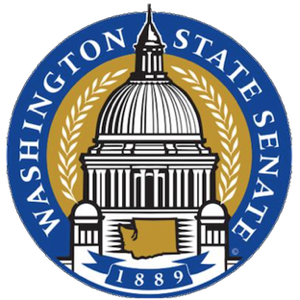The Washington State Senate Labor, Commerce, and Tribal Affairs Committee (WA Senate LCTA) considers issues relating to employment standards, industrial insurance, unemployment insurance and collective bargaining. The committee also considers tribal issues and has oversight of commerce issues relating to alcohol, tobacco, cannabis, and gaming.
Work Session
- Liquor and Cannabis Board update on issues related to Delta 9, Delta 8, and other related products.
